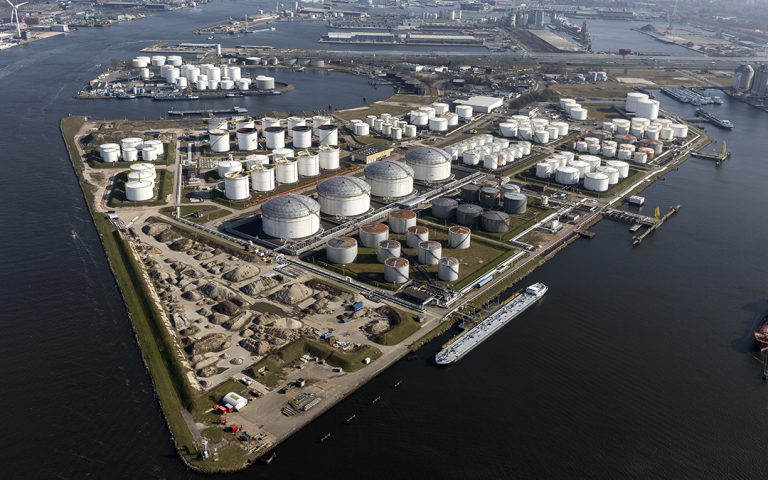
Coordination of High Risk Activities in Oil & Gas Marine Terminals
Efficient functioning of Oil & Gas Marine Terminals requires very careful planning and full coordination of all activities of various parties involved. Surveys of reported accidents that had taken place in various parts of the world in the last 30 years show that non-coordinated, simultaneous, independent operations had led to heavy impact and negative consequences on the safety of personnel and equipment in the terminals. Statistics also indicate that cargo transfers between the oil tanker and the terminal facilities plays relatively high (about 65%) on the list of potential causes of accidents during marine terminal operations.

The same is true for transfers in the opposite direction. The early conclusion among terminal managements has been that the right approach to efficient and safe work has to include the hazard identification and risk mitigation measures when planning the details of all these activities.
This requirement is directly related to the necessity of very close cooperation between the teams, led by the master of the ship i.e. oil tanker, and the terminal production manager. An equally important aspect of the need for detailed planning is realized when maintenance and repair work is to be performed within a “live” process area of the existing facility, which would include storage tanks, piping systems, pumps, valves, etc. The consequences of neglecting, or not including all these aspects of simultaneous activities, would range from costly, prolonged delays in production, to serious harm or injury to terminal personnel and the damage of installations.
PetroKnowledge have designed a course called “Oil & Gas Marine Terminals” that focuses on the aspects of detailed planning and the coordination of activities during the terminal operations. The course incorporates practical workshops that help delegates to develop skills required to apply these approaches to operations of their own organizations.
Quick Links:
